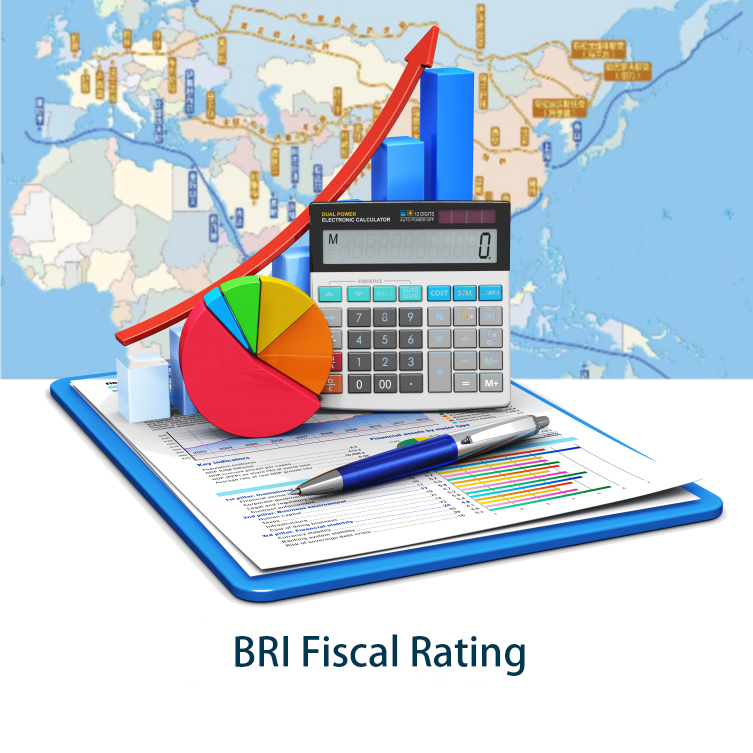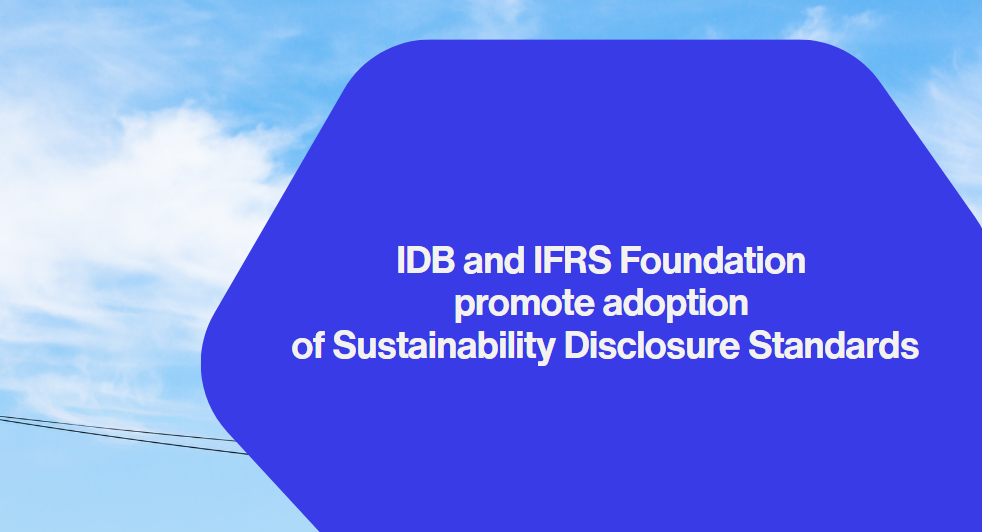CySEC Unveils New Regulations: 9 Brokers Suspended and €2.76 Million in Penalties
In the context of increasingly stringent global financial regulation, the recent actions by the Cyprus Securities and Exchange Commission (CySEC) have garnered significant attention within the foreign exchange (forex) industry. CySEC's new regulations have been a heavy blow, resulting in the suspension of licenses for 9 brokerage firms and the confiscation of a staggering €2.76 million in fines. This move has not only dealt a severe blow to the affected brokers but has also sent shockwaves through the entire forex market, underscoring the power of regulatory oversight and the critical importance of compliance.
The Impact of CySEC's New Regulations
As the primary regulatory body for Cyprus's financial markets, CySEC is committed to maintaining market fairness, order, and transparency while safeguarding the rights and interests of investors. The introduction of these new regulations is a clear demonstration of the commission's enhanced regulatory efforts. According to the details of the regulations, the 9 suspended brokers were found to have engaged in serious violations of regulatory requirements. These violations spanned multiple areas, including the misappropriation of funds, false advertising, poor management of client funds, and failure to comply with anti-money laundering (AML) and counter-terrorist financing (CTF) regulations.
The misappropriation of funds has long been a focal point for financial regulators. In the forex market, where brokers handle substantial client funds, such actions pose a significant threat to the security of client assets. Some of the suspended brokers were found to have used client funds for their own operations or high-risk investments, preventing clients from withdrawing their funds and leading to numerous complaints.
False advertising is another common violation among forex brokers. To attract clients, some brokers exaggerate their trading advantages, profitability, and regulatory credentials. For example, they may claim to have exclusive trading technologies that guarantee stable profits for investors or falsely assert strict regulation by top-tier regulatory bodies, misleading investors and disrupting market order.
The proper management of client funds is also a key area targeted by CySEC. Brokers are required to strictly separate client funds from their own and ensure their safekeeping. However, some non-compliant brokers failed to do so, mixing client funds with operational capital, thereby exposing client funds to significant risks in the event of financial difficulties.
Furthermore, in the current global climate of heightened AML and CTF efforts, brokers who fail to adhere to these regulations are also subject to CySEC's penalties. Given the ease and international nature of forex transactions, they are susceptible to exploitation by criminals for money laundering activities. Brokers have a responsibility to establish robust customer identification and transaction monitoring mechanisms to prevent such illegal activities. The suspended brokers were found to have severe loopholes in their AML and CTF measures, failing to fulfill their obligations.
The Current Situation of the Penalized Brokers
With the implementation of CySEC's new regulations, the 9 suspended brokers are facing a severe existential crisis. Firstly, their business operations have been forced to come to a complete halt. For forex brokers, a license is the foundation for conducting business lawfully. Without it, they lose market access and the ability to provide forex trading services to clients. Once-bustling trading platforms have ground to a standstill, with clients fleeing to other compliant brokers.
Secondly, these brokers are under immense pressure to pay the substantial fines. €2.76 million is a significant sum for any broker, especially those already in precarious financial positions. To cover the fines, some brokers may have to sell assets and cut costs, but even these measures may not be sufficient for some to gather the required amount within the stipulated time, further exacerbating their financial woes.
In addition to business shutdowns and fine payments, these brokers are also facing collective lawsuits from investors. The brokers' violations have caused significant financial losses for investors, who are now seeking legal redress. In some cases, investors have joined forces to hire professional legal teams to file class-action lawsuits, demanding the return of principal, compensation for investment losses, and interest payments. These legal actions require considerable time and resources from the brokers, further depleting their limited resources.
Take, for example, a broker named ABC, which was accused of long-term misappropriation of client funds, causing difficulties for clients trying to withdraw their money. After CySEC suspended its license, ABC's clients launched a coordinated维权action, using social media and investor forums to organize and discuss strategies. Hundreds of clients have already filed legal claims, demanding the return of misappropriated funds and interest payments at market rates. The broker's office has been besieged by investors, and its management faces immense public pressure and legal risks.
Reactions and Interpretations from Market Participants
The implementation of CySEC's new regulations has sparked extensive discussions and strong reactions within the forex market. From the perspective of investors, the majority welcome and support CySEC's actions. When choosing a forex broker, investors are primarily concerned with the safety of their funds and the fairness of trading. By revoking licenses of non-compliant brokers, CySEC has demonstrated its determination to combat illegal activities and protect investors' rights. This has, to some extent, bolstered investor confidence in the forex market, making them more willing to invest through strictly regulated and compliant broker platforms.
However, some investors have also expressed concerns. They worry that with fewer high-quality brokers available after the license suspensions, transaction costs may rise. For instance, brokers might increase trading fees and spreads in the absence of strong competition, thereby increasing investors' costs. Additionally, some investors are concerned about whether their funds can be recovered smoothly and whether their trading records and other information will be lost during the license revocation process.
For compliant brokers, CySEC's new regulations present both challenges and opportunities. On the one hand, the stricter regulatory environment means that brokers need to invest more resources to meet regulatory requirements, including strengthening internal compliance systems, improving client fund protection mechanisms, and enhancing AML and CTF capabilities. This increases operational costs and management complexity. On the other hand, the exit of non-compliant brokers creates more market space for compliant brokers. These brokers can leverage their good reputation and standardized operations to attract clients fleeing from non-compliant brokers, thereby expanding their market share.
Industry experts have also weighed in on CySEC's new regulations. Some argue that CySEC's actions are indicative of the global trend towards stricter financial regulation. With the rapid development of the forex market, various illegal and non-compliant behaviors have emerged, severely damaging the market's healthy development and investor interests. Regulatory authorities must take decisive measures to increase regulatory intensity to effectively curb these negative phenomena. The suspension of 9 brokers' licenses and the confiscation of a large sum of money serve as a warning to the entire forex industry, urging other brokers to prioritize compliance.
However, other experts point out that while strengthening regulation, regulatory authorities should also focus on the balance and sustainability of regulation. Overly strict regulatory policies may stifle industry innovation to some extent. The forex industry, being at the forefront of financial innovation, constantly introduces new trading models and products. Regulatory authorities should strive to find a balance between protecting investor rights and promoting market innovation when formulating and implementing regulatory policies. This means cracking down on illegal activities while encouraging compliant innovation to drive the healthy, stable, and sustainable development of the forex market.
Future Market Outlook
Looking ahead, with the continued implementation of CySEC's new regulations and the ongoing intensification of regulatory efforts, the forex market is expected to evolve towards a more standardized and healthy development environment. Firstly, market concentration is likely to increase. Large brokers with strong compliance capabilities, substantial resources, and good reputations will gain a more advantageous position in the market, attracting more clients and capital. In contrast, smaller brokers who cannot quickly adapt to regulatory requirements and enhance their compliance levels may face the risk of being eliminated from the market.
Secondly, compliance costs for brokers will continue to rise. To meet the increasingly strict regulatory demands from CySEC and other regulatory bodies, brokers will need to invest significantly in technology system upgrades, risk management system construction, and staff training. This will prompt brokers to focus more on cost control and operational efficiency, optimizing business processes and adopting advanced technological means to mitigate the impact of compliance costs on profits.
Moreover, investor protection is expected to be more effectively ensured. The severe penalties imposed on non-compliant brokers will serve as a strong deterrent, encouraging other brokers to be more cautious about client fund security and trading compliance. At the same time, as regulatory policies continue to improve and market transparency increases, investors will be able to gain a clearer understanding of brokers' operational conditions and risk levels, enabling them to make more informed investment decisions.
However, challenges may arise during the market's transition to a more regulated environment. For instance, under stricter regulation, some unscrupulous brokers might shift their operations to regions with more lenient regulatory frameworks, continuing their illegal activities and complicating cross-border regulatory efforts. Additionally, strict regulatory policies may limit the introduction of innovative financial products and services, potentially affecting the forex market's vitality and competitiveness. Therefore, regulatory authorities need to continuously strengthen international cooperation, refine regulatory coordination mechanisms, and explore more flexible and inclusive regulatory approaches to address these potential challenges.
The introduction of CySEC's new regulations marks a significant milestone in the development of the forex market. It has effectively targeted non-compliant brokers and profoundly impacted the market's ecosystem. Moving forward, participants in the forex market must closely monitor regulatory policy changes, enhance their compliance awareness, and improve risk prevention capabilities to adapt to the increasingly strict regulatory environment. Only through collective efforts can the forex market be steered towards a more standardized, healthy, and sustainable future.






















































First, please LoginComment After ~